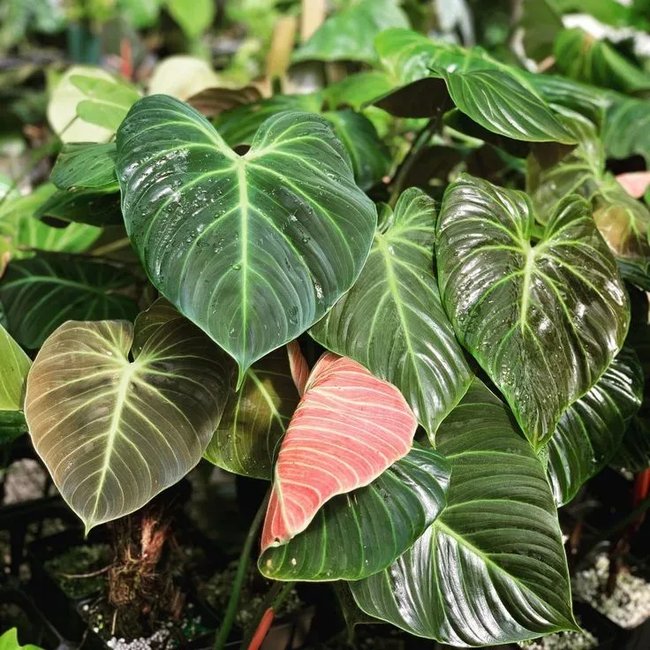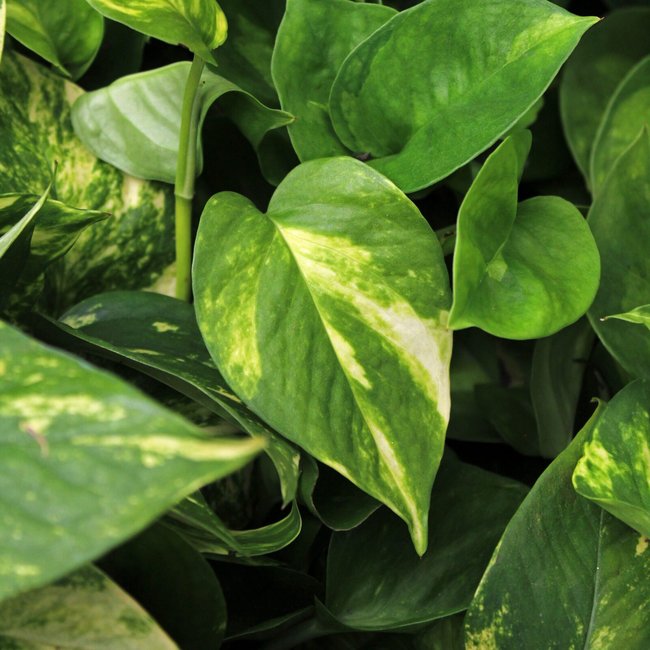Skunks
Skunks are small mammals that are best known for their strong odor. They are found in North and South America, as well as parts of Europe and Asia. Skunks are omnivores, meaning they eat both plant and animal matter. They have a variety of habitats, including forests, grasslands, and even human settlements. Skunks are generally solitary animals, but will come together during mating season.
Meta Information
Scientific Name
Mephitis mephitis
Average Lifespan
3-5 years
Average Size
20-30 inches
Similar To
Badgers, raccoons, opossums, foxes
Lifecyle
Skunks typically mate in the spring and give birth to a litter of four to eight kits in the summer. The kits are born blind and helpless, and are weaned after seven to eight weeks. By fall, the kits are ready to leave their mother and begin an independent life.
Diet
Skunks are omnivores, meaning they eat both plant and animal matter. Their diet consists of insects, small rodents, fruits, vegetables, and eggs. They also occasionally scavenge for food, such as carrion.
Habitat
Skunks are found in a variety of habitats, including forests, grasslands, and even human settlements. They prefer areas with plenty of cover, such as shrubs and trees. They also need access to water and a food source.
-
What are skunks and where are they found?
Skunks are medium-sized mammals known for their black and white fur and their ability to spray a foul-smelling liquid from their anal glands when threatened. Skunks are found primarily in North and South America, with different species inhabiting different regions.
-
What do skunks eat?
Skunks are omnivorous and their diet varies depending on the season and availability of food. They eat insects, worms, fruits, vegetables, small mammals, and occasionally carrion.
-
Are skunks dangerous?
Skunks are generally not considered dangerous to humans, but they can carry rabies and other diseases. If threatened or cornered, skunks can spray their noxious odor, which can cause temporary blindness and respiratory distress.
-
Do skunks hibernate?
Skunks do not hibernate, but they do become less active during the winter months. They may share dens with other skunks to conserve warmth and energy.
-
How can I keep skunks away from my property?
To keep skunks away from your property, make sure all garbage cans are tightly sealed and do not leave pet food outside. You can also install motion-activated lights or sprinklers to deter skunks from coming near your home. If you already have skunks on your property, it is best to contact a professional wildlife removal service to safely and humanely remove them.
-
Can skunks be kept as pets?
In some states and countries, it is legal to keep skunks as pets, but it is not recommended. Skunks require a specialized diet and care, and their odor can be a problem. In addition, they are wild animals and can become aggressive if they feel threatened or stressed.
-
How can I get rid of skunk odor?
Skunk odor can be difficult to remove, but there are several home remedies that can help. A mixture of hydrogen peroxide, baking soda, and dish soap can neutralize the odor. Tomato juice, vinegar, and lemon juice are also said to be effective. It is important to avoid getting the skunk spray in your eyes, and to wash any clothing or bedding that has been exposed to the odor.
-
Do skunks have any predators?
Skunks have several natural predators, including foxes, coyotes, owls, and hawks. Some larger mammals, such as bears and cougars, may also prey on skunks.
-
How long do skunks live?
Skunks typically live for 2-4 years in the wild, but can live up to 10 years in captivity.
-
Are skunks nocturnal?
Skunks are primarily nocturnal, meaning they are active at night. However, they may also be active during the day, especially in the spring and summer when they are searching for food and mates.
-
Do skunks make good neighbors for humans?
Skunks are generally not considered good neighbors for humans. While they are not aggressive towards humans, they can cause damage to property and carry diseases. In addition, their odor can be a nuisance and difficult to remove. It is best to take measures to prevent skunks from coming onto your property, and to contact a professional wildlife removal service if you have a skunk problem.
10 Fun Facts About
1. Skunks are able to spray their scent up to 10 feet away. 2. Skunks have a very poor sense of vision, but their hearing and smell are very acute. 3. Skunks are able to climb trees, and are also good swimmers. 4. Skunks have a variety of predators, including foxes, coyotes, and owls. 5. Skunks are nocturnal animals, meaning they are most active at night. 6. Skunks have a unique way of communicating with each other – they stomp their feet to warn other skunks of danger. 7. Skunks can live up to 10 years in the wild. 8. Skunks are able to spray their scent up to six times before they need to refill their scent glands. 9. Skunks are able to spray their scent in two different directions at the same time. 10. Skunks can be trained to use a litter box.
Pun
What did the skunk say when it got sprayed? “I’m scent-sational!”
Out Thoughts About
🤩 Skunks are fascinating animals that are full of surprises!







